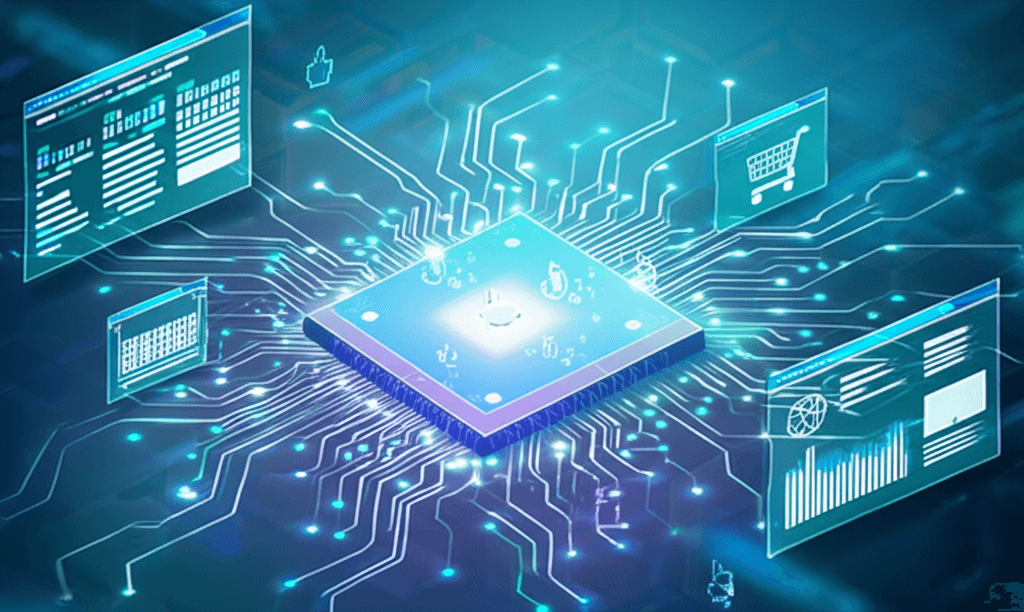OpenAI Transforms ChatGPT: New Agent Autonomously Completes Complex Tasks
ChatGPT evolves into an autonomous agent, interacting with the digital world like a human to tackle multi-step tasks and redefine workflows.
July 17, 2025

OpenAI has significantly enhanced ChatGPT's capabilities, launching a new agentic feature that allows the artificial intelligence to autonomously perform complex, multi-step tasks for its premium users.[1][2] This development moves ChatGPT beyond a conversational tool that simply provides answers, turning it into an active assistant that can execute tasks from start to finish.[3][1] The new agent is now available to Pro, Plus, and Team subscribers, equipping the AI with the ability to interact with the digital world in a much more dynamic and functional way.[4][5] It can now undertake assignments such as analyzing a calendar to provide briefings on upcoming meetings, planning a meal and then purchasing the necessary ingredients online, or researching competitors to compile a slide deck presentation.[3]
At the heart of this new functionality is a unified agentic system that operates within its own virtual computer environment.[6][1] This system integrates the capabilities of previous OpenAI research efforts, combining the web interaction skills of its "Operator" tool with the analytical prowess of its "deep research" feature and the conversational intelligence of ChatGPT.[6] This allows the agent to not only browse websites but also to click, type, and navigate them much like a human user would.[7][2] The agent can run code, analyze data, and produce outputs in editable formats like spreadsheets and slideshows.[3][6] This is made possible by a model that combines GPT-4o's vision capabilities with advanced reasoning, trained to interact with graphical user interfaces (GUIs).[8] This approach, which processes raw pixel data to understand on-screen elements, grants the agent the flexibility to perform tasks without relying on specific website APIs.[8] Throughout any task, the user remains in control, with the agent requesting permission before undertaking significant actions or handling sensitive information.[3][9]
The implications of this advanced AI agent are substantial for both individual users and the broader business landscape. For individuals, it promises to streamline personal productivity by automating time-consuming tasks like planning travel itineraries or scheduling appointments.[4][6] In a professional context, it can automate repetitive office work such as updating financial spreadsheets while maintaining formatting or converting data from screenshots into editable presentations.[4][6] This leap in automation stands to redefine workflows and could lead to significant efficiency gains.[10] For businesses, the adoption of such AI agents could reduce operational costs, accelerate decision-making by providing real-time data analysis, and enhance customer service through automated, personalized responses.[10] Industries from e-commerce and finance to travel and human resources could see transformative applications, with the agent managing everything from inventory updates and fraud monitoring to screening job applications.[10]
However, the launch also positions OpenAI in a fiercely competitive AI market and raises important considerations for the future. The ability of the agent to perform tasks like ordering groceries or booking travel could disrupt companies that rely on web traffic and digital advertising, potentially shifting users away from traditional search engines like Google.[11] While some analysts see a boost for the gig economy through higher conversion rates for services integrated with the agent, others warn of reduced opportunities for product discovery on retail sites.[11] As these AI agents become more capable, they are expected to evolve into collaborative partners for humans, augmenting our abilities and driving new levels of productivity.[12] This evolution, however, also necessitates a focus on building sustainable and flexible AI architectures to avoid vendor lock-in and to address ethical considerations and security challenges, such as the potential for prompt injection attacks where the AI is tricked into performing unintended actions.[13][2] OpenAI states it has implemented multiple layers of defense to mitigate such risks, limiting the agent's access to the user's full system.[2] The long-term impact will depend on how effectively businesses integrate these powerful new tools and adapt to a future where autonomous agents play a central role in both personal and professional life.[10]
Sources
[4]
[5]
[6]
[7]
[8]
[11]
[12]
[13]